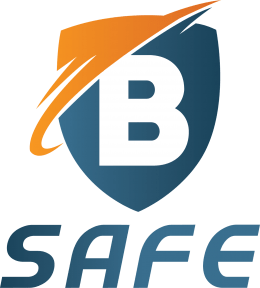Module 1,
Topic 1
In Progress
Andragogy
Knowles’s Adult Learning Theory, also known as andragogy, was developed by Malcolm Knowles in the 1960s. It is a set of principles that focuses on how adults learn and emphasizes the differences between adult learners and child learners. Knowles believed that adult learners have unique characteristics and motivations that should be considered when designing effective learning experiences. Here are the key principles of Knowles’s Adult Learning Theory:
Assumptions of Adult Learning
- Adults are self-directed learners who take responsibility for their own learning. Unlike children who often depend on their parents or teachers for guidance, adult learners are responsible for their own learning. Therefore, adult learning programs should be designed to encourage self-directed learning and provide opportunities for learners to take control of their own learning process. Adult learners are more likely to learn when they are motivated to do so and when the learning is relevant to their lives and goals.
- Adults bring a wealth of experience and knowledge to the learning environment. Adult learners have a wealth of experience and knowledge that they can draw upon when learning. This means they are more likely to be interested in learning that is relevant to their own experiences and that they can apply what they learn to their own lives. Adult learning programs should take advantage of this by incorporating learners’ experiences and knowledge into the learning process and by encouraging them to share their experiences with others. This not only enhances the learning experience for the learners but also for the other participants in the program.
- Assumption #3 (Motivation to Learn)
Adults are motivated to learn by the desire to solve problems or achieve goals that are relevant to their lives. Adult learners are typically motivated by the desire to solve problems or achieve goals that are relevant to their lives. This means that they are more likely to be engaged in learning when they can see how it will help them achieve their goals or when they can see how it will help them solve a problem they are currently facing. Adult learning programs should be designed to help learners connect the learning to their own goals and problems, and to provide practical solutions. When adult learners see the relevance of the learning content to their lives, they are more motivated to learn and apply it. - Adults prefer learning that is problem-centered, rather than content-focused. Adult learners tend to prefer learning that is problem-centered, rather than content-focused. This means that they are more likely to be engaged in learning when they are presented with a problem to solve, and when they are given the opportunity to explore different solutions to that problem. Adult learning programs should provide opportunities for learners to apply their knowledge and skills to real-world problems, and to work collaboratively with other learners to find solutions. Problem-centered learning is more effective as it encourages learners to think critically, apply their knowledge, and develop problem-solving skills.
- Adults learn best when they can apply new knowledge and skills to real-world situations. Adult learners tend to learn best when they can apply new knowledge and skills to real-world situations. This means that they are more likely to be engaged in learning when they can see how what they are learning will be useful in their daily lives. Adult learning programs should be designed to incorporate real-world scenarios, case studies, and simulations and to provide opportunities for learners to apply what they have learned to their own lives. By applying what they have learned, adult learners can see the value of the learning content and develop a deeper understanding of how it is relevant to their lives.

